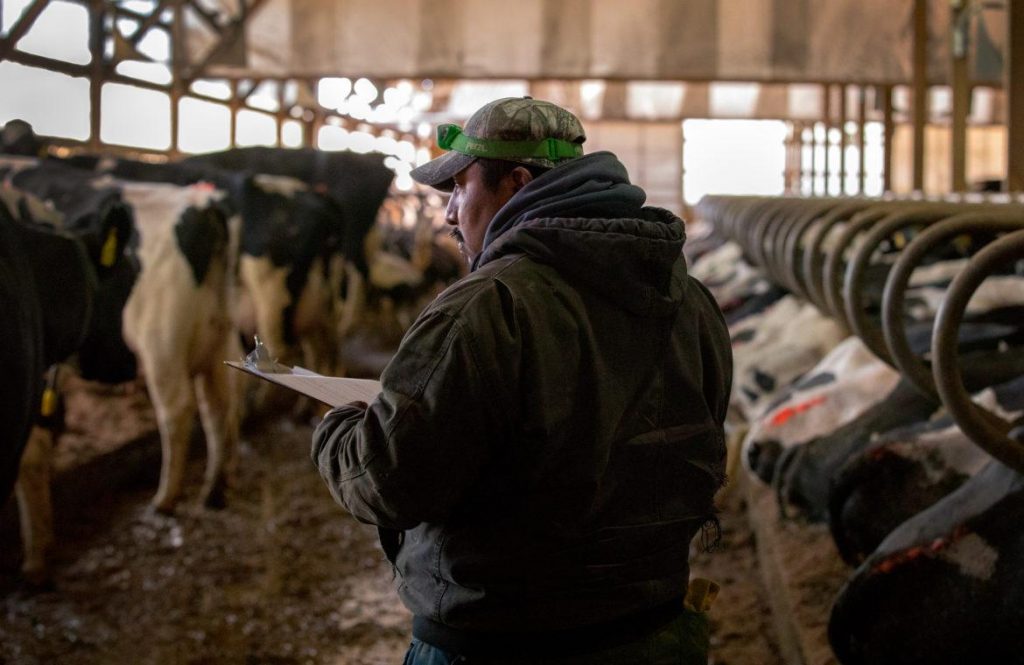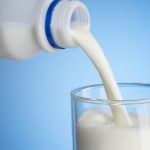
President Donald Trump recently announced immigration authorities would begin new efforts to deport people living in the country illegally. Officials have said the move will focus on people who have recently arrived in the United States.
But Trisha Wagner, coordinator of University of Wisconsin-Extension’s Farm Management Program, said continued scrutiny of immigrants is also impacting those who have been working and living in Wisconsin — regardless of their immigration status.
“The increased focus and negativity combined with potential opportunities back home, in say Mexico, has caused people to reconsider staying and working here,” Wagner said. “The risk of potentially losing everything that you’ve worked for here due to current political climate, I think that’s been a factor that people have weighed.”
Wagner said for years immigrants have helped fill a decline in the rural labor force, especially in agriculture.
“It’s been a real contribution to our industry and our rural communities,” she said. “We don’t hear about that as much in the press today.”
But Shelly Mayer, executive director of the Professional Dairy Producers, said farmers are noticing fewer people looking for work on dairy farms in the last few years.
“It used to be that I would hear from the members of our association that in a day’s time or a week’s time, there would be multiple people stopping at their dairies saying, ‘Hey do you have an employment opportunity for me here?’ And now what I’m hearing and seeing is that our farms are seeking (workers), labor is one of the largest concerns that they have,” Mayer said. “Definitely the discussions that we’ve been (having on immigration), it doesn’t make that any easier. It only is going to add to the situation.”
A 2015 industry report estimates 51 percent of dairy workers in the U.S. are immigrants.
Darin Von Ruden, president of the Wisconsin Farmers Union and a dairy farmer from Vernon County, said the threat of more raids by immigration authorities has an impact on those employees at home and at work.
“The culture of fear is definitely something that you’re seeing, with employees not wanting to park their vehicles where they’re visible on dairy farms,” Von Ruden said. “It puts extra stress on them and that means their productivity isn’t where it should be; and that ultimately effects that farm.”
He said immigrants have also helped fill labor shortages in the meat processing industry, which also has an impact on dairy farmers’ bottom line.
After four years of low milk prices, Wagner said the increased difficulty finding employees, regardless of their citizenship, is weighing on farmers.
“The fact that it’s been harder to find help and even get a night off, I think, has exacerbated that,” Wagner said. “I think it’s been part of the decision that farmers are making about whether or not they continue to invest in their business or they make decisions about other career options.”
Mayer and Von Ruden said most dairy farmers want an easier immigration system for potential workers, especially one that fits the industry’s year-round need for employees.























